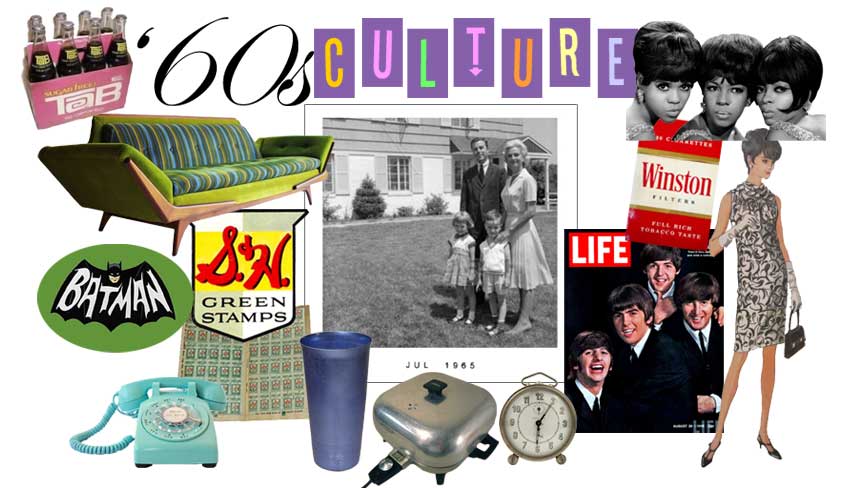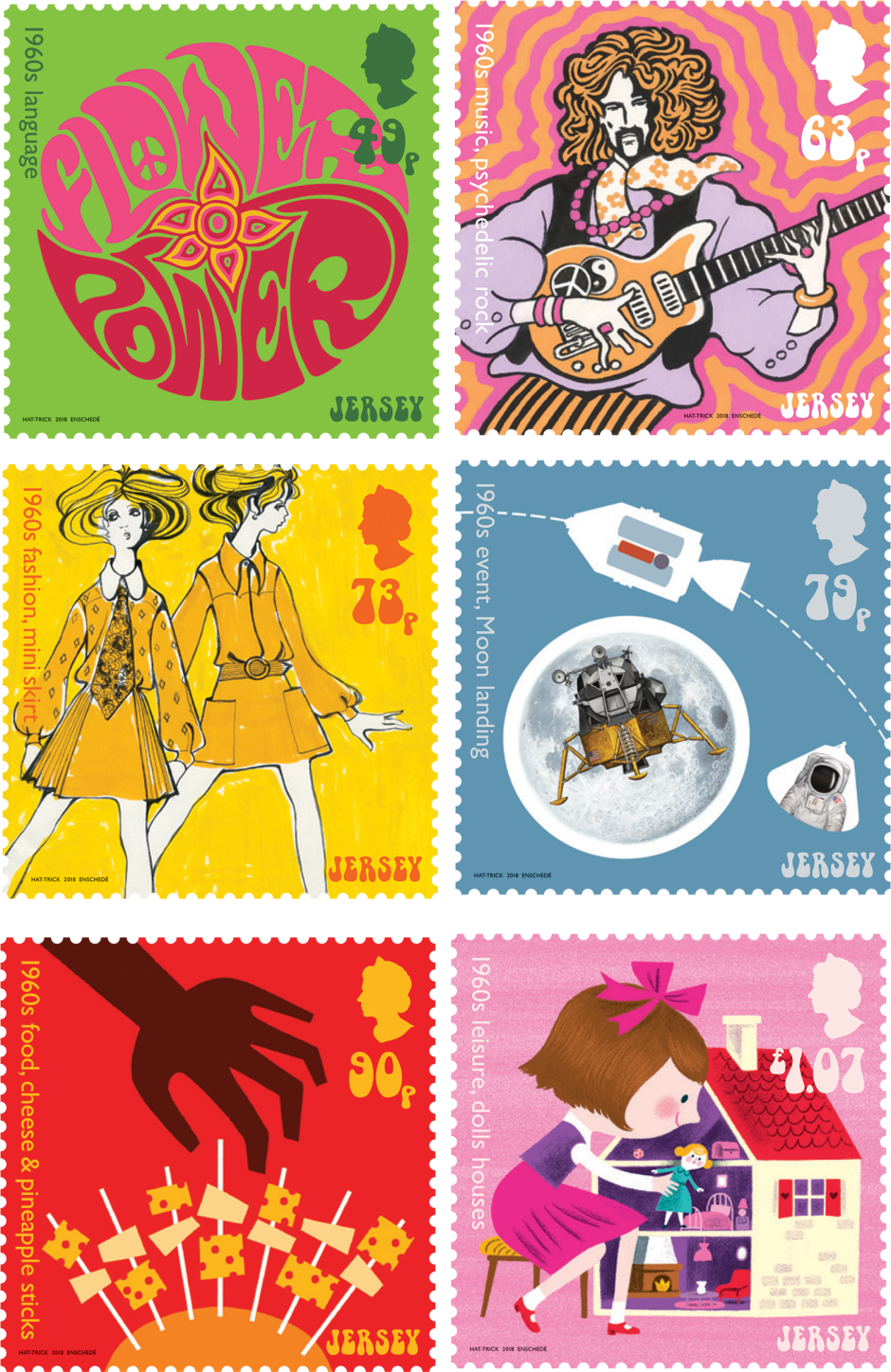Imagine a world where tie-dye shirts and bell bottoms were the norm, where music pulsed with rebellious energy, and where youthful idealism battled against the rigidities of a bygone era. This was the culture of the 1960s, a decade that reverberates with echoes of change, upheaval, and a profound desire for a better tomorrow.

Image: www.jeffs60s.com
The 1960s were a crucible in which societal norms were challenged and redefined. A confluence of factors, from the Civil Rights Movement to the Vietnam War, ignited a firestorm of youthful discontent and pushed the boundaries of social and cultural expectations. While the 1960s may seem like a distant, romanticized era, its echoes are still felt today, shaping our attitudes towards conformity, individuality, and the power of protest.
A Generation in Flux: The Youthquake
The Rise of Rock ‘n’ Roll
The 1960s were arguably the golden age of rock ‘n’ roll. Bands like the Beatles, the Rolling Stones, and Jimi Hendrix revolutionized music, abandoning the polished pop of the 1950s for a raw, blues-infused sound that resonated with the rebellious spirit of the times. Their music was not just entertainment; it became the soundtrack to a generation’s yearning for change and an expression of their disillusionment with the establishment. The emergence of rock festivals, like Woodstock, further amplified the cultural impact of this music, creating monumental gatherings where young people could come together and celebrate their shared ideals.
The Counterculture Movement
As rock ‘n’ roll pulsed through the veins of the decade, a counterculture movement took root, fueled by a growing sense of dissatisfaction with traditional values. The counterculture embraced peace, love, and a rejection of consumerism. It found expression in communes, where individuals sought to live outside the confines of societal norms, and in the use of psychedelic drugs, which were often seen as tools for self-discovery and spiritual exploration.

Image: www.wopa-news.com
The Civil Rights Movement
The fight for racial equality was another defining force in the culture of the 1960s. Martin Luther King Jr. and Malcolm X became icons of resistance, inspiring a new generation of activists to fight for justice and equality. The Civil Rights Movement, through its demonstrations, boycotts, and sit-ins, challenged the fabric of American society and forced a national reckoning with the deeply embedded issue of racism.
The Vietnam War: A Generation’s Scars
The Vietnam War cast a long shadow over the 1960s, shaping the political and cultural landscape of the era. As the war dragged on, it became a symbol of the government’s hypocrisy and fueled the anti-war movement. The war’s impact on society was profound, leading to widespread disillusionment with the government and the military, and fostering a deep sense of cynicism among young people.
The Anti-War Movement
The anti-war movement was a pivotal force in the 1960s, with students, activists, and artists coming together to oppose the war. Demonstrations, protests, and draft resistance were common, reflecting the growing sense of unease and outrage. The anti-war movement was not just a political protest; it was a cultural phenomenon that challenged the very foundations of American society and its foreign policy.
The Emerging Counterculture
The Vietnam War played a significant role in the rise of the counterculture. The war’s brutality, the government’s dishonesty, and the realization that the war was being fought for dubious reasons led many young people to seek alternatives to the established order. This disillusionment fueled the counterculture movement, which embraced pacifism, communal living, and alternative lifestyles.
Culture Of The 1960’S
The Legacy of the 1960s: A Transformation of Ideals
The 1960s were a decade of immense cultural and societal change. The echoes of this era resonate even today, shaping our understanding of personal freedom, social responsibility, and the role of government. The counterculture movement spawned a myriad of social movements that continue to fight for equality and justice, while the music of the era remains a timeless reminder of a generation’s struggle for change.
The 1960s were a transformative decade, a period of both turmoil and progress. They serve as a powerful reminder of the potential for change, the importance of questioning the status quo, and the enduring impact of challenging established norms.
As we navigate the complexities of the present, we can learn from the spirit of the 1960s, remembering that change is possible, that our voices have power, and that a better future is always within reach.






